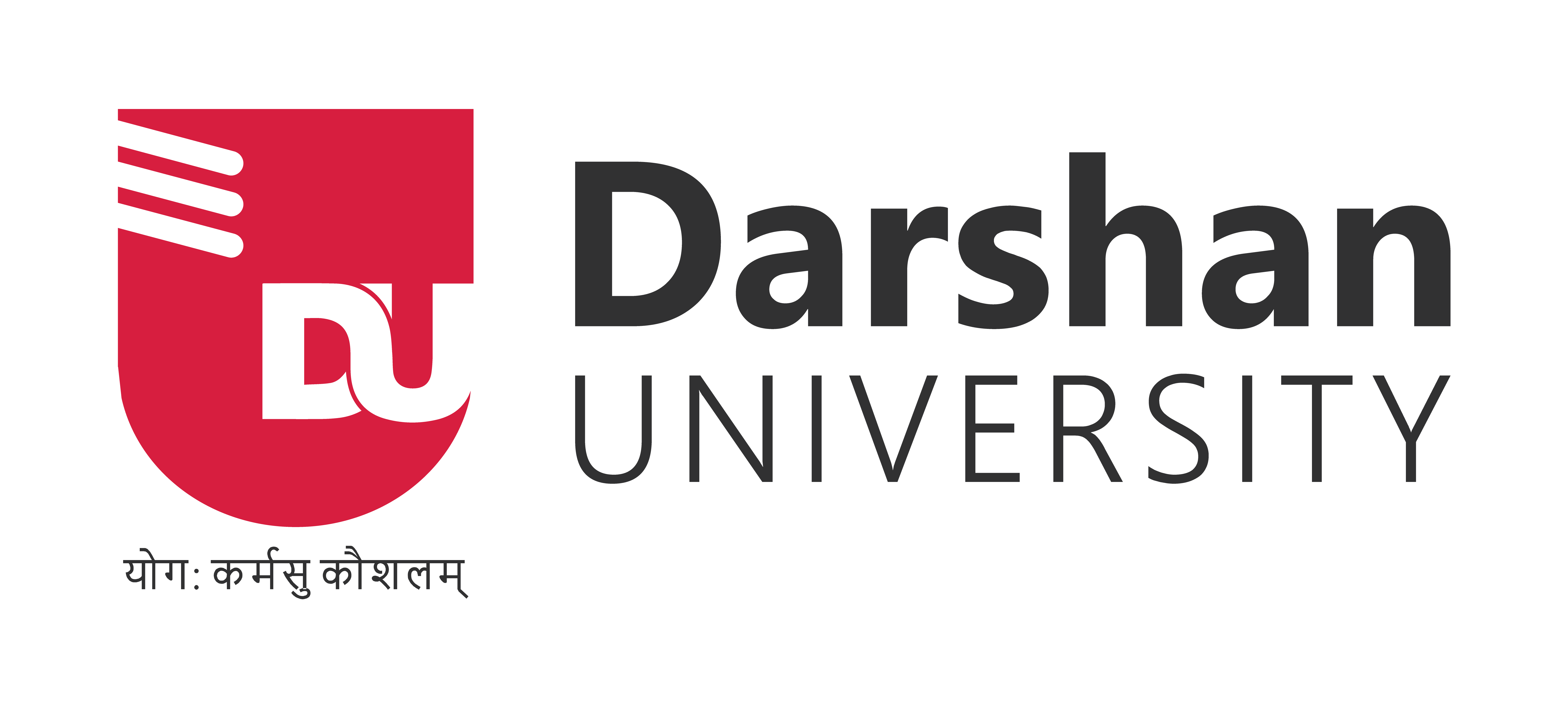Chemical Kinetics MCQs
MCQs of Chemical Kinetics
| 81. |
A reaction involving two different reactants
|
||||||||
|
Answer:
Option (b) |
| 82. |
Which of the following statements regarding the molecularity of a reaction is wrong
|
||||||||
|
Answer:
Option (c) |
| 83. |
75% of a first order reaction is completed in 30 minutes. what is the time required for 93.75% if the reaction (in minutes)
|
||||||||
|
Answer:
Option (d) |
| 84. |
For a chemical reaction _____ can never be a fraction
|
||||||||
|
Answer:
Option (c) |
| 85. |
The half-life of 2 sample are 0.1 and 0.4 seconds.Their respective concentration are 200 and 50 respectively. What is the order of the reaction
|
||||||||
|
Answer:
Option (b) |
| 86. |
Which of the following reactions end in finite time
|
||||||||
|
Answer:
Option (c) |
| 87. |
A large increase in the rate of a reaction for a rise in temperature is due to
|
||||||||
|
Answer:
Option (b) |
| 88. |
Activation energy of a chemical reaction can be determined by
|
||||||||
|
Answer:
Option (c) |
| 89. |
Half life of a reaction is found to be inversely proportional to the cube of its initial concentration. The order of reaction is
|
||||||||
|
Answer:
Option (d) |
| 90. |
The rate of a reaction doubles when its temperature changes from 300 K to 310 K.Activation energy of such a reaction will be:
(R = 8.314 JK-1 mol-1 and log 2 = 0.301)
|
||||||||
|
Answer:
Option (a) |

